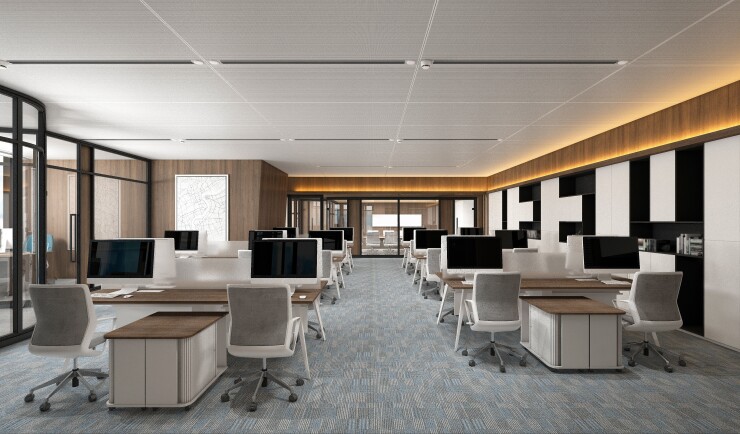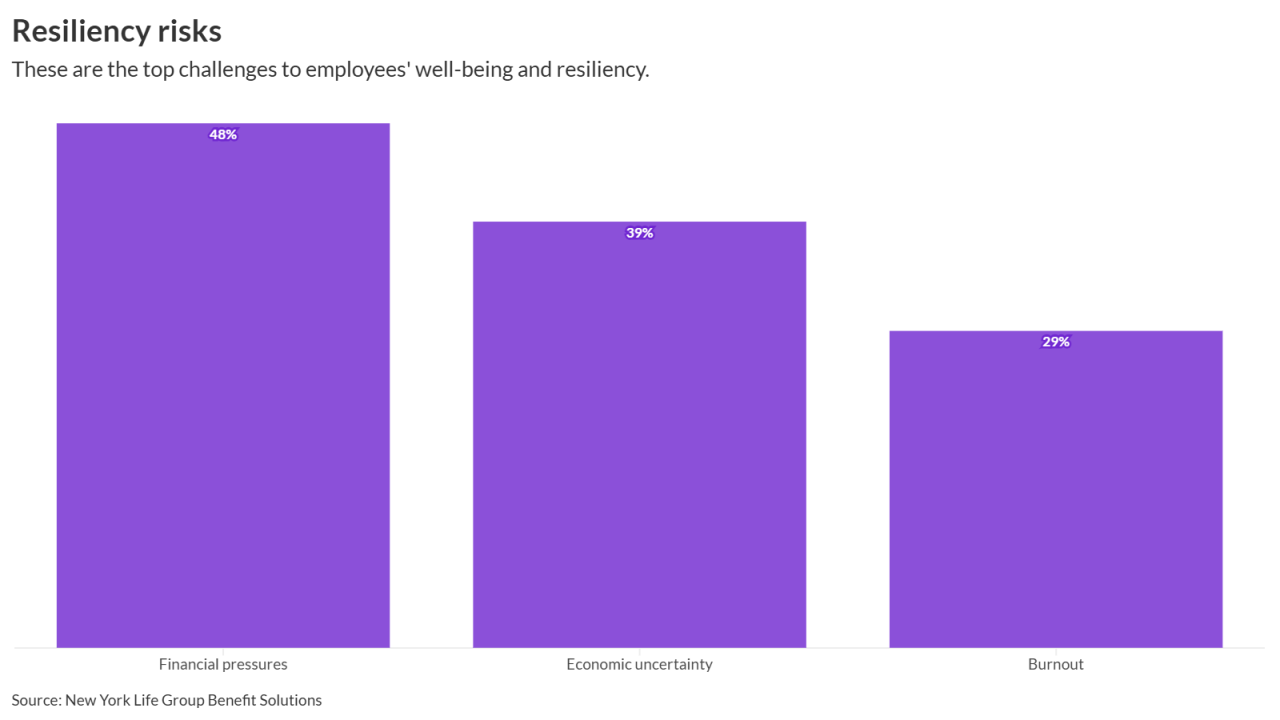Reduce, reuse and recycle are the core tenets of managing waste and slowing down climate change, and one company is
Sustainable furniture company Humanscale recently launched their Refreshed program, an initiative where they recycle and
"This concept has been around for a while, but I find that a lot of people just talk about it and get very excited, yet I rarely see it happening in practice," says Jane Abernethy, chief sustainability officer at Humanscale. "And the idea of making things more sustainable is a great idea, but it's not very helpful if it just stays an idea."
Read more:
Office vacancies are expected to peak in early 2026 at approximately 24% of offices nationwide, according to recent research conducted by financial services company Moody's. This is especially concerning when considering the
Through their Refresh program, past Humanscale customers are encouraged to return their old chairs to the retailer's factory to get "refreshed." The process differs depending on the wear and tear of the product, but ultimately, in addition to a thorough cleaning, Humanscale will
"We've worked with long-lasting, sustainable materials for a long time, and we designed them easily swapped out and replaced," Abernethy says. "We decided that this might be a great opportunity to get these materials back and see if we could make good on our promises and make circularity happen for real."
In the future, Humanscale would like to further this venture by trying to make even
Read more:
"We want to give these products a second life, then ideally continue for a third and fourth," Abernethy says. "We'll try to keep that going indefinitely, but first we need a starting point."
Abernethy and her team are aware that not every company has the means to refresh their own furniture, but that doesn't mean they can't
"The volume of waste is really astronomical," Abernethy says. "If companies pay attention to how their spaces are being used and how they're handling their real estate, it can be a really big part of improving their carbon footprint."






